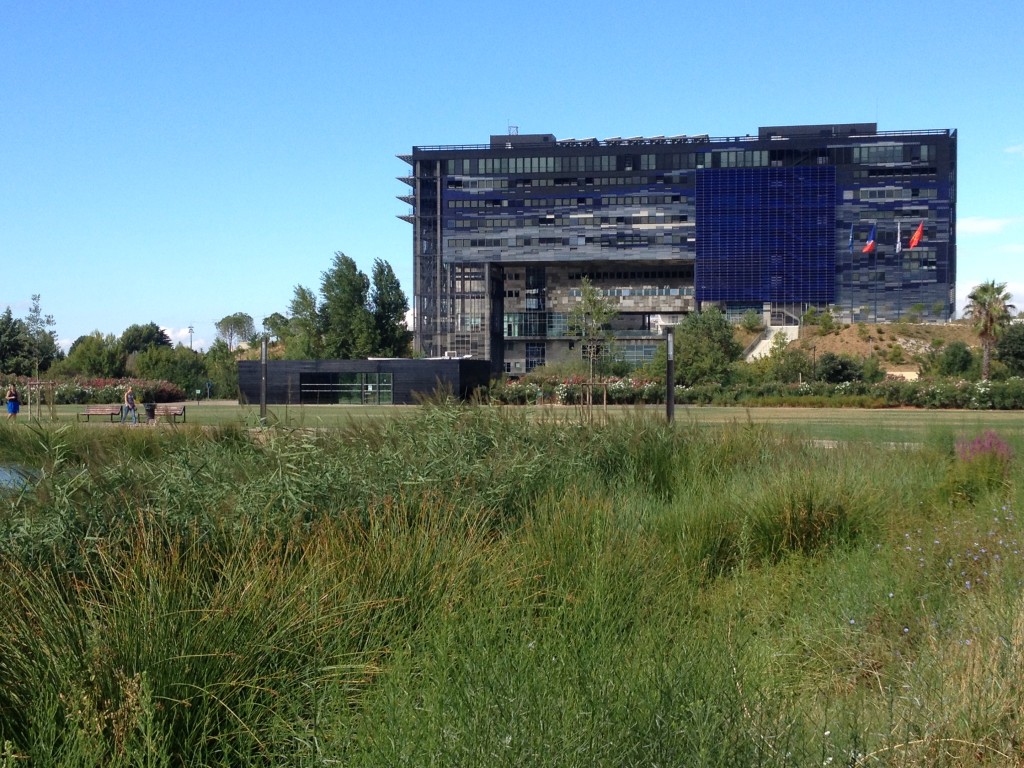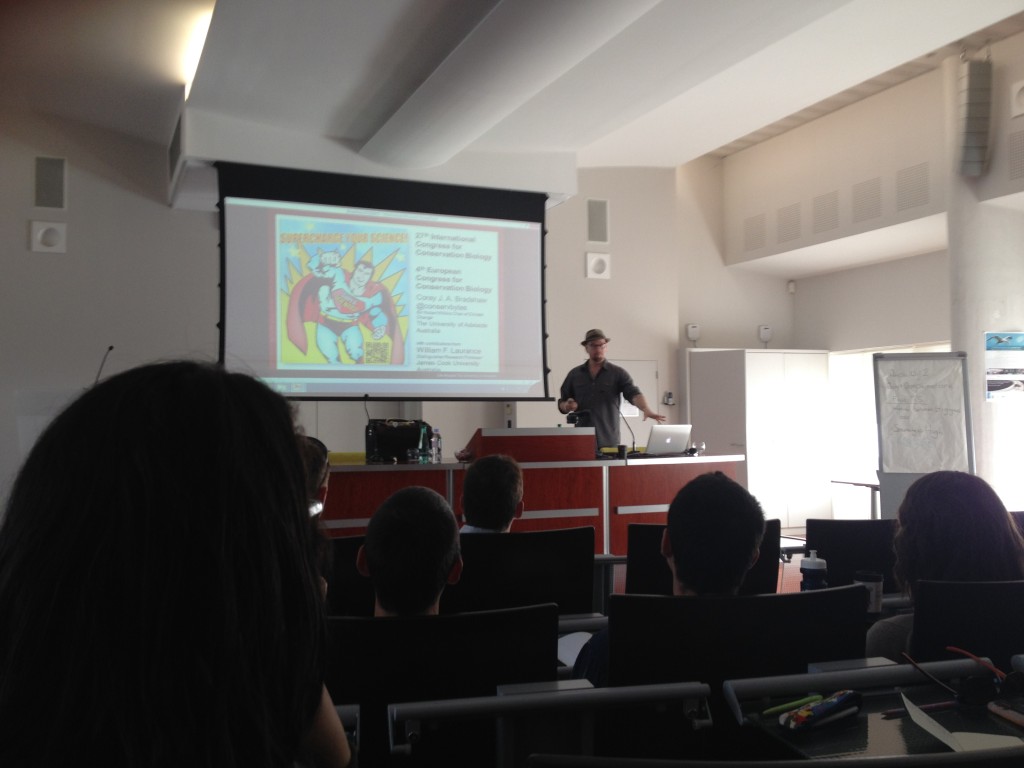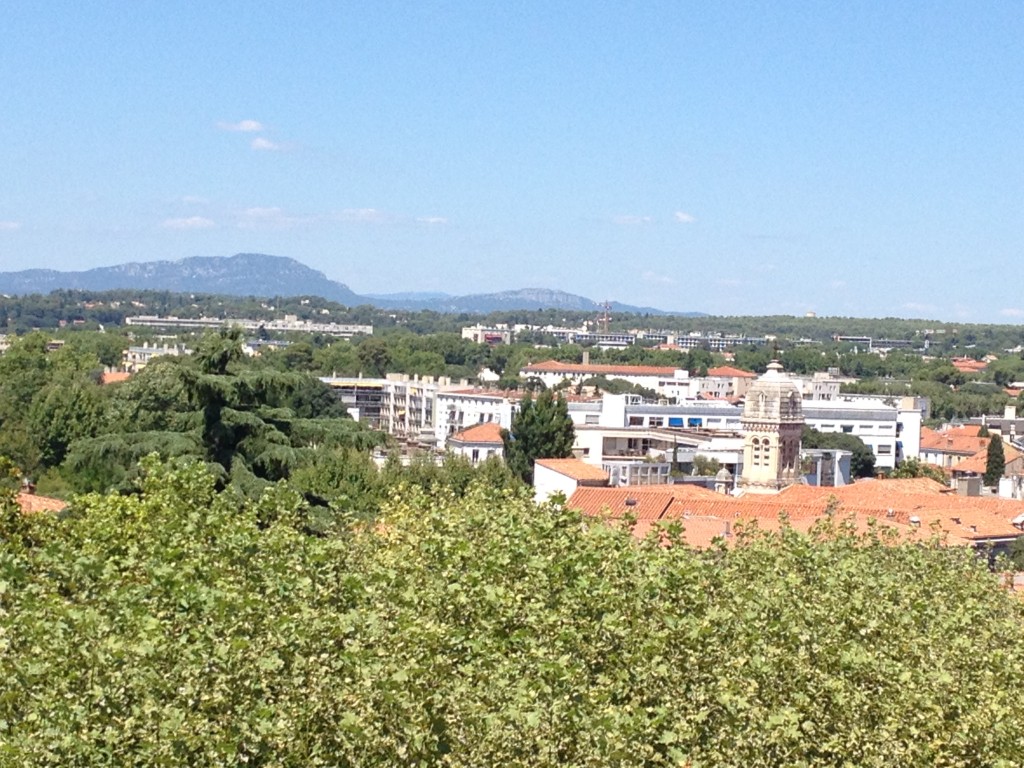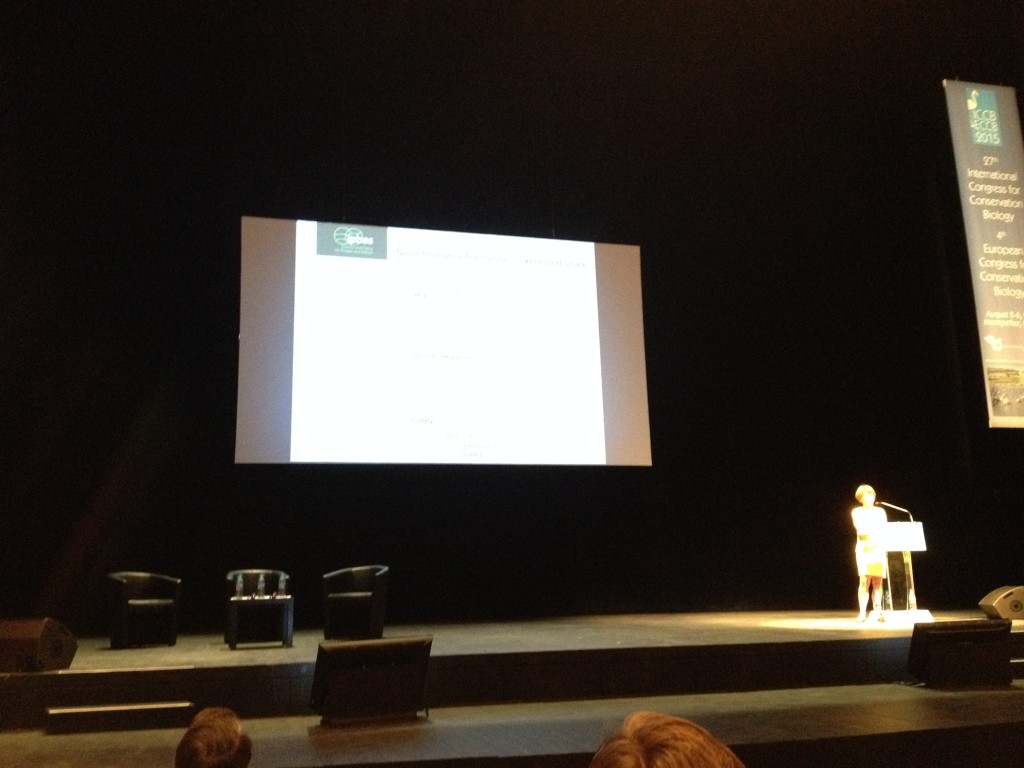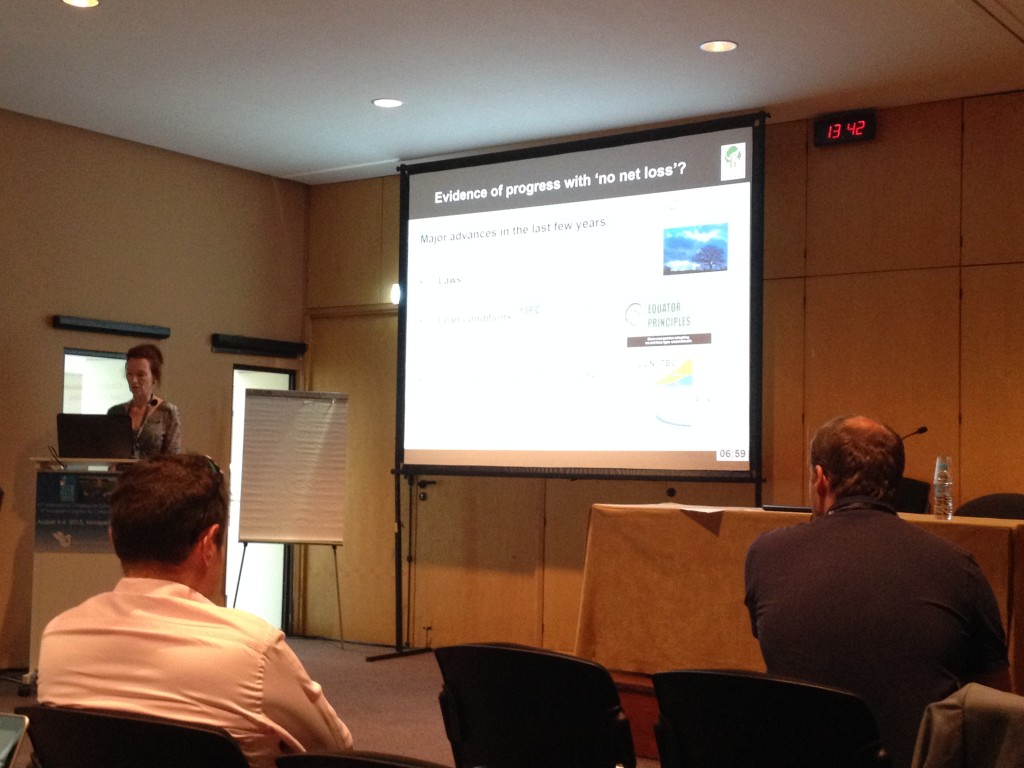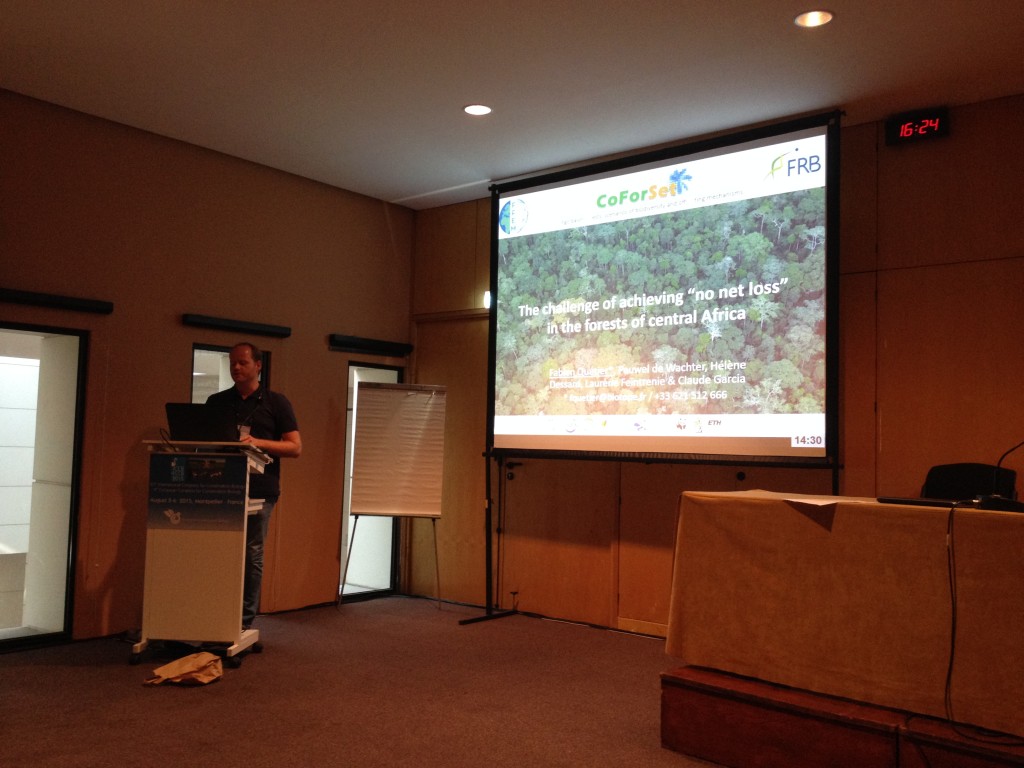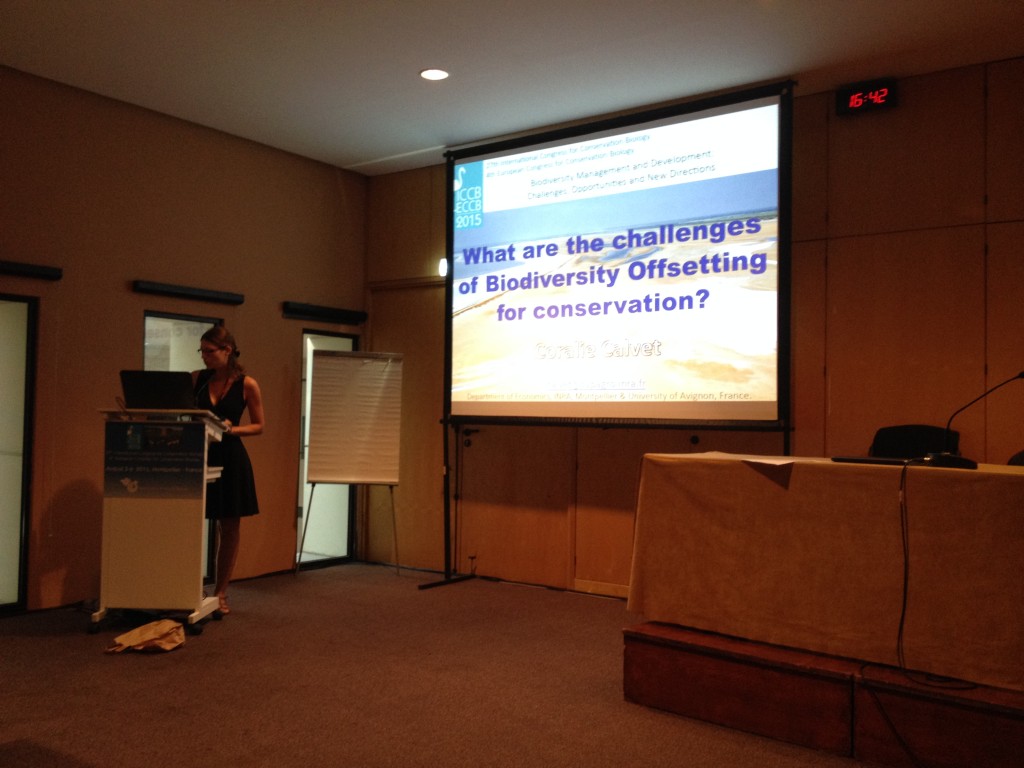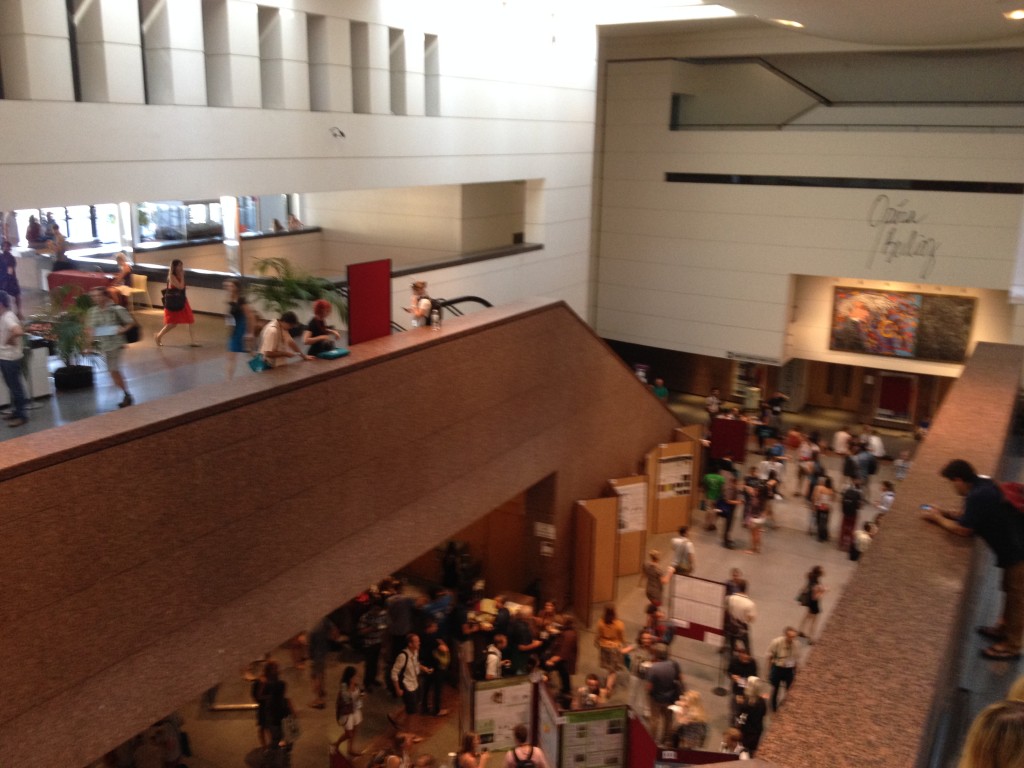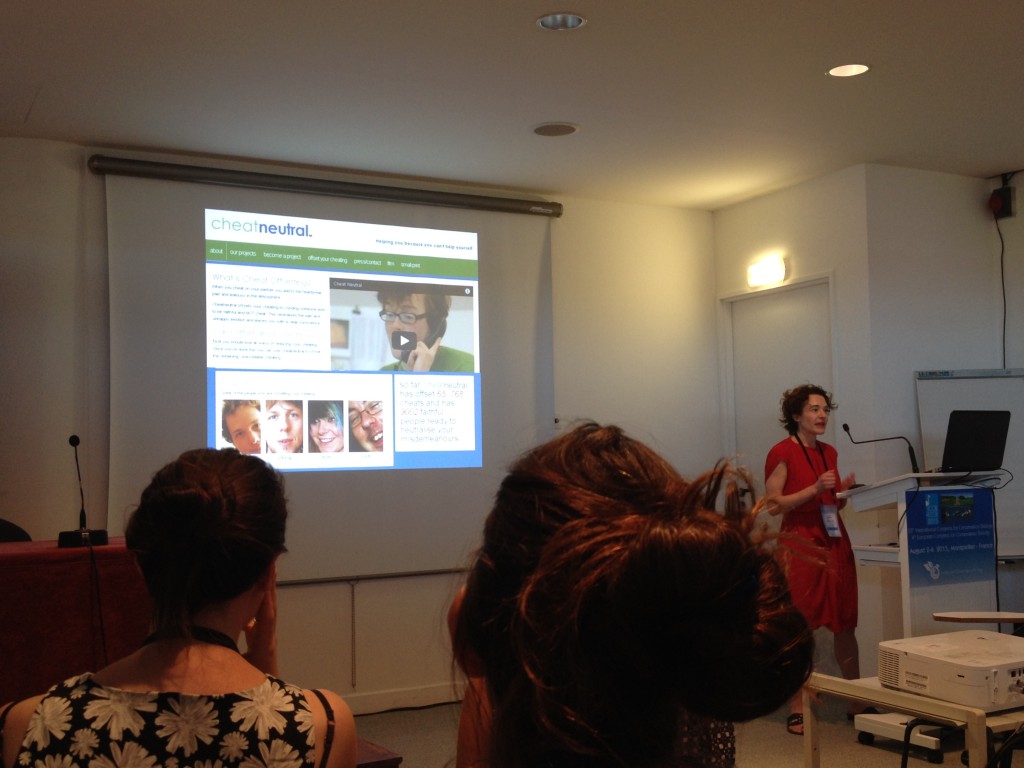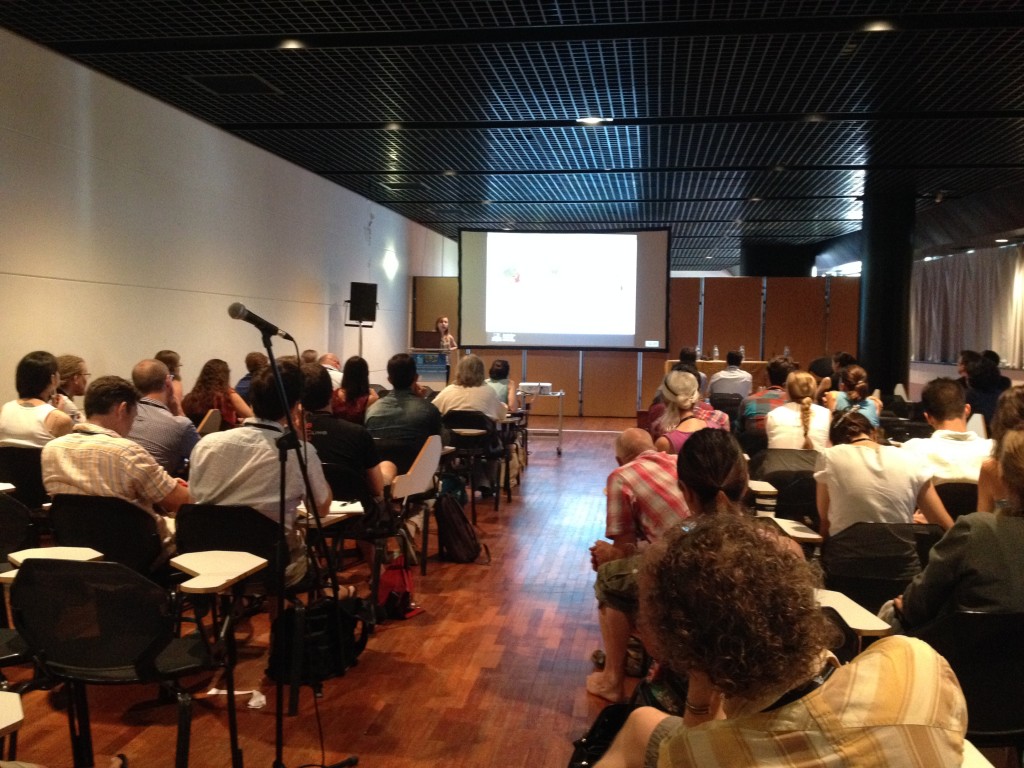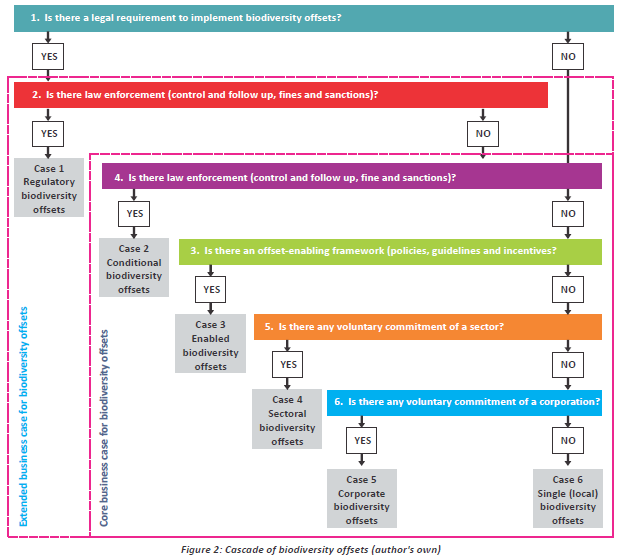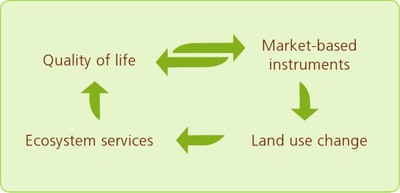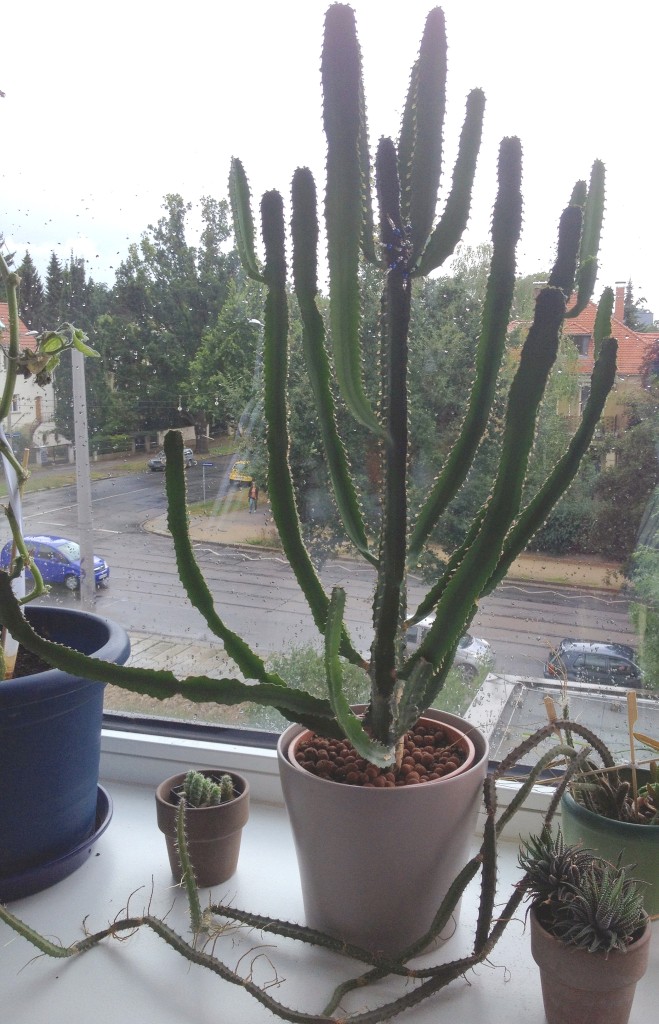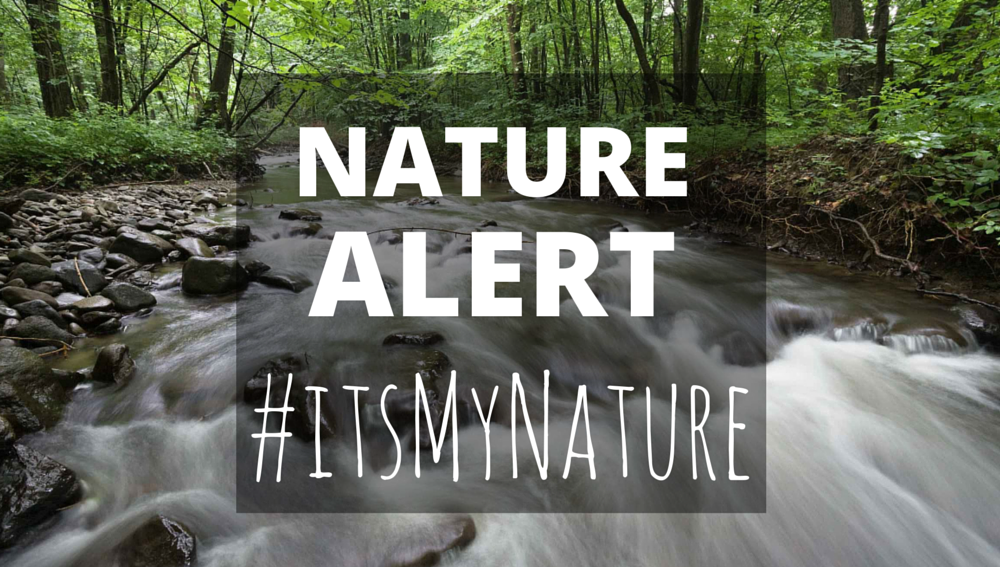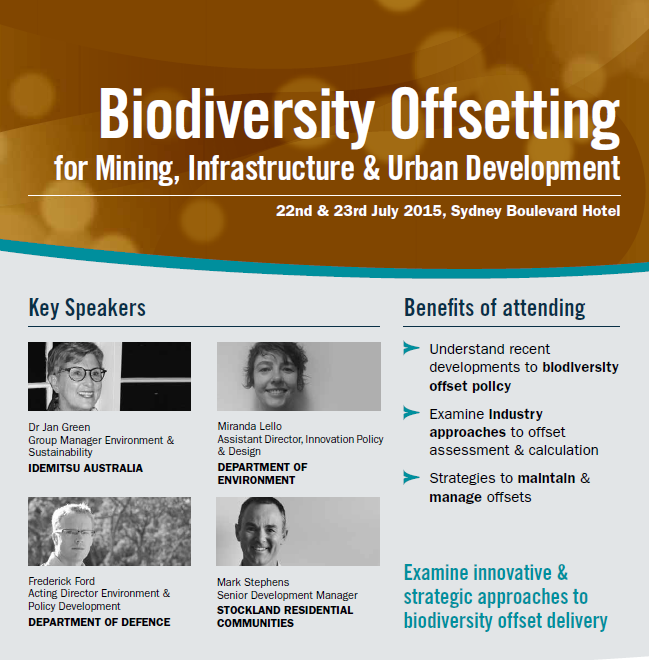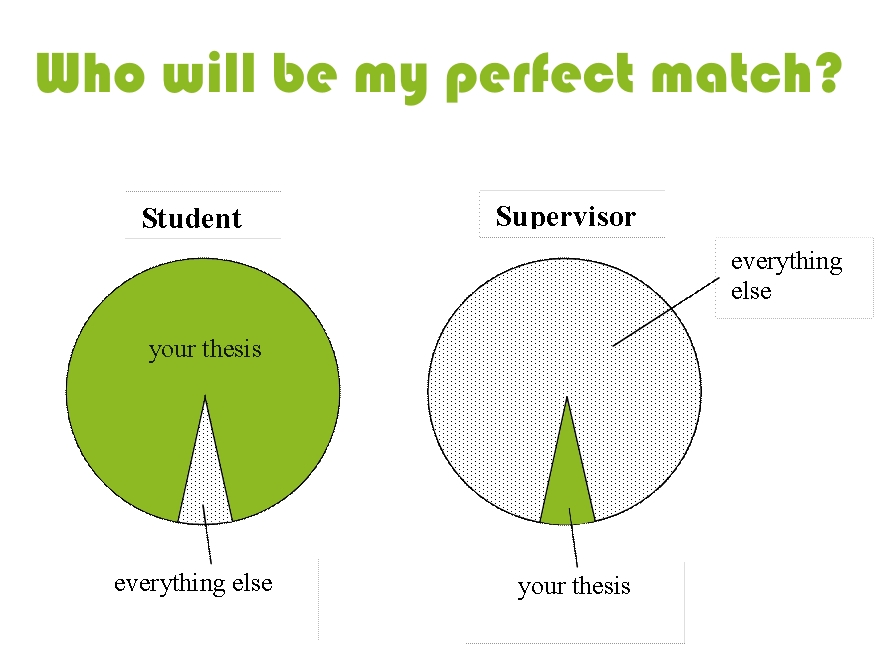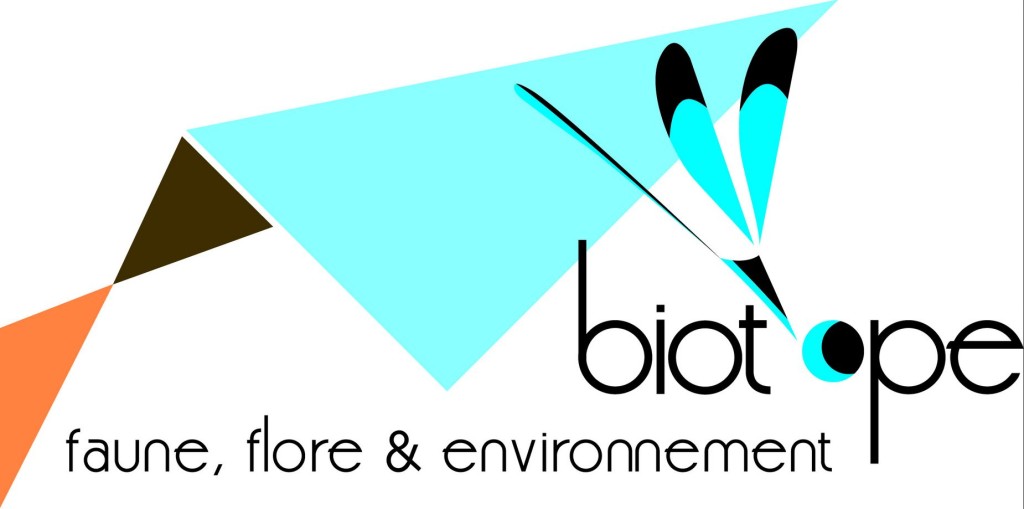 French environmental consultancy Biotope is hiring a Chief of Project for the implementation of the mitigation hierarchy in Guinea. Fluency in French and English is a must.
French environmental consultancy Biotope is hiring a Chief of Project for the implementation of the mitigation hierarchy in Guinea. Fluency in French and English is a must.
Location: Conakry, Guinea
Timeframe: 4 years, starting September 2015
closing date for application: not specified
For more information see the following short description (in French) or see the full job offer and contact details here.
Recrutement: Un(e) Chef de Projets / Assistant Technique «conservation de la biodiversité» — H/F — CDI
Biotope recherche un Chef de Projet expérimenté pour conduire une mission d’assistance technique en Guinée (Conakry) dans le cadre d’un projet multi-pays (Guinée, Ouganda, Mozambique, Madagascar) sur l’application de la séquence «éviter –réduire –compenser» aux projets pouvant entrainer des impacts sur la biodiversité, et en partenariat avec l’ONG locale Guinée Ecologie. Ce projet sera mené pendant 4 ans par la Wildlife Conservation Society, en partenariat avec Biotope et Forest Trends. Le poste inclut également le développement de l’activité d’expertise, d’ingénierie et de conseil de Biotope en Guinée et en Afrique de l’Ouest
Plus d’informations sur la position et la façon d’appliquer peut être trouvé ici.
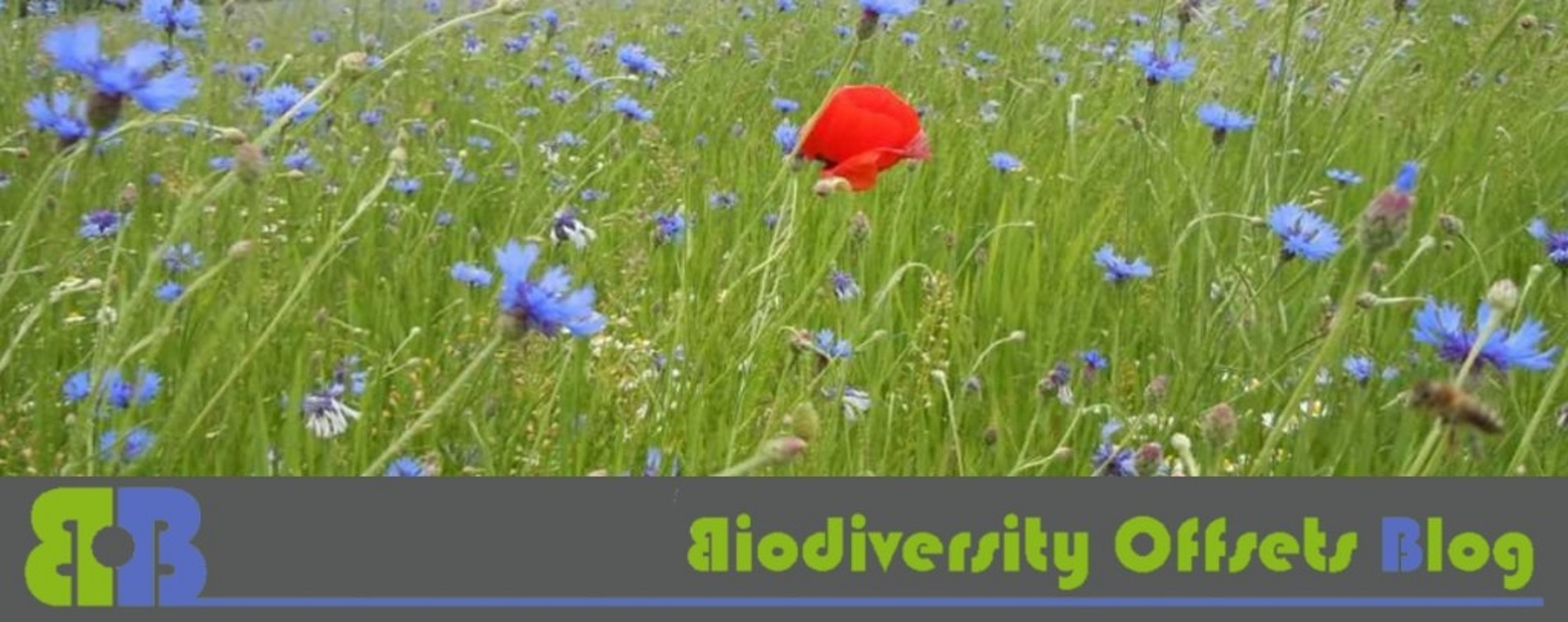
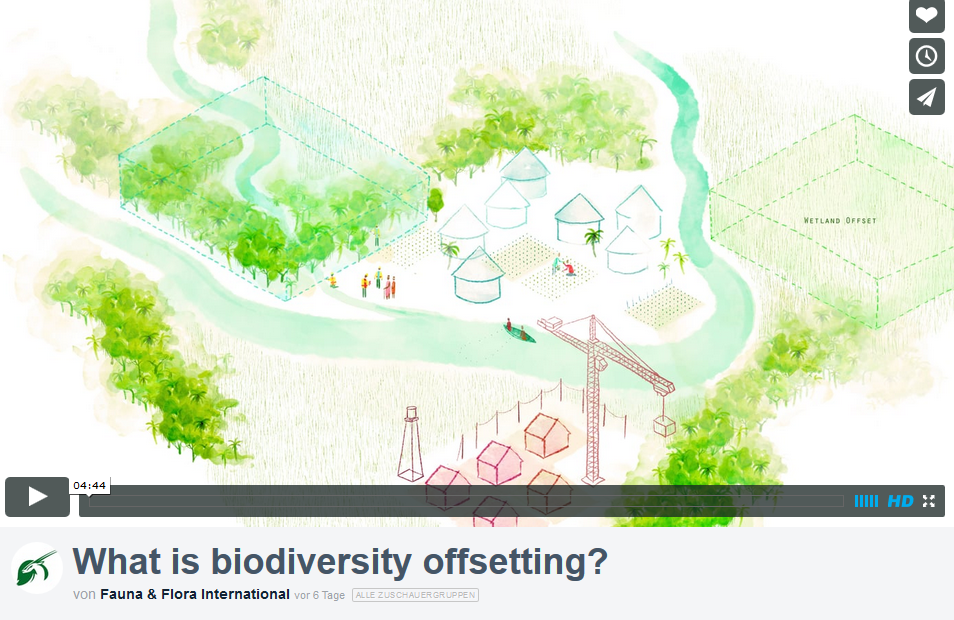
 Thanks to Martine Maron for sharing this recent job offer for a postdoc at University of Queensland, Australia.
Thanks to Martine Maron for sharing this recent job offer for a postdoc at University of Queensland, Australia.
